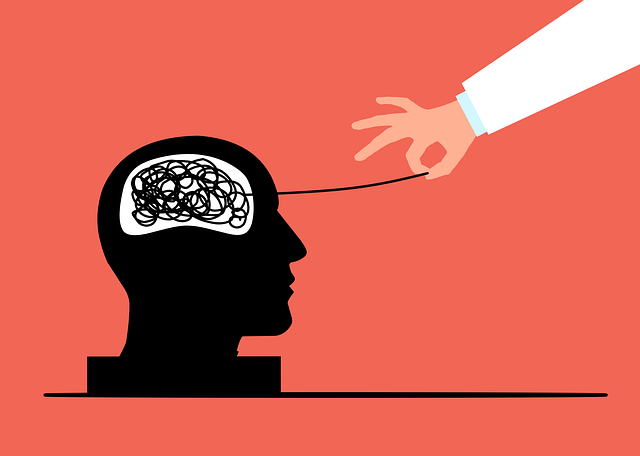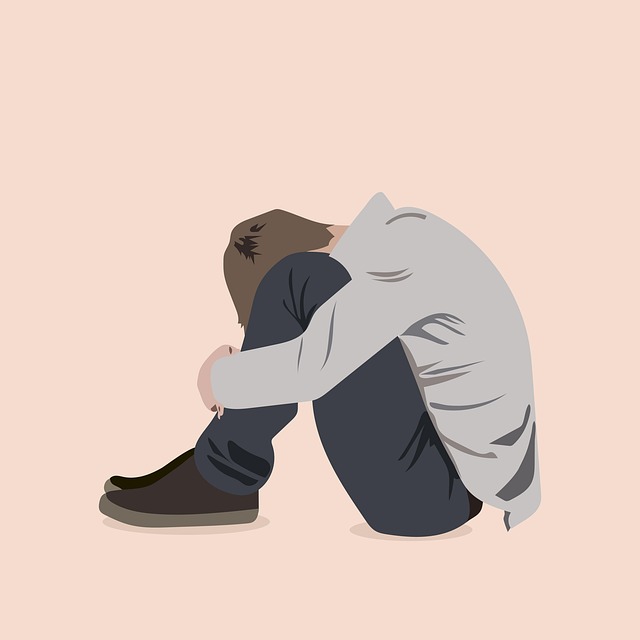Community outreach programs play a crucial role in addressing elder sexual abuse by creating safe spaces and providing tailored therapy for survivors. These initiatives incorporate therapeutic activities, risk management training, and culturally sensitive mental healthcare practices to empower elders and prevent depression. By focusing on emotional intelligence, mindfulness meditation, and journaling exercises, these programs enhance well-being and foster resilience among senior populations. Success is measured through improved mental health, quality of life, and increased access to services, emphasizing a holistic approach to healing and community safety for elder sexual abuse survivors.
Community outreach programs play a pivotal role in addressing and healing the wounds of elder sexual abuse, offering crucial support to survivors. This article delves into the transformative power of such initiatives, exploring strategies that empower seniors and foster safe spaces within communities. We examine designing effective programs, creating supportive networks, and implementing educational initiatives, all aimed at enhancing survivor healing through specialized therapy for elders who have experienced sexual abuse.
- Understanding the Impact: Recognizing the Importance of Community Outreach for Elder Sexual Abuse Survivors
- Designing Effective Programs: Strategies and Activities to Empower and Support Seniors
- Building Safe Spaces: Creating Support Networks and Educational Initiatives within Communities
- Measuring Success: Evaluating the Outcomes and Long-term Benefits of Outreach Programs for Survivor Healing
Understanding the Impact: Recognizing the Importance of Community Outreach for Elder Sexual Abuse Survivors

Community outreach programs play a pivotal role in recognizing and addressing elder sexual abuse—an issue often hidden and under-reported. By implementing targeted initiatives, organizations can effectively reach and support survivors, offering them much-needed therapy for elder sexual abuse. This involves creating safe spaces where elders feel comfortable sharing their experiences, which is crucial for their healing process.
Outreach strategies should incorporate self-awareness exercises tailored to the elderly population, fostering an environment that encourages open dialogue about sensitive topics. Moreover, cultural sensitivity in mental healthcare practice is essential, ensuring survivors from diverse backgrounds receive appropriate care. These initiatives not only help in depression prevention but also empower survivors to reclaim their autonomy and dignity.
Designing Effective Programs: Strategies and Activities to Empower and Support Seniors

Designing effective community outreach programs to empower and support seniors requires a multifaceted approach. One key strategy is incorporating therapeutic activities tailored for elder sexual abuse survivors. These can include group discussions facilitated by mental health professionals, focusing on emotional intelligence and the emotional healing processes necessary for recovery. Such initiatives not only provide a safe space for sharing experiences but also equip seniors with coping mechanisms and resilience against potential risks.
Additionally, community outreach should emphasize risk management planning for mental health professionals. By educating caregivers and volunteers about the unique challenges faced by senior citizens, especially those who have experienced trauma, programs can be designed to offer tailored support. This includes promoting emotional intelligence, ensuring empathy, and fostering an environment where seniors feel valued and heard. These strategies collectively contribute to enhancing the overall well-being of elderly individuals within the community.
Building Safe Spaces: Creating Support Networks and Educational Initiatives within Communities

Building safe spaces within communities is a vital step toward fostering support networks and empowering individuals who have experienced sexual abuse, particularly elders as survivors. These spaces, free from judgment, encourage open conversations about mental health challenges like trauma and PTSD. By implementing educational initiatives, such as workshops on mindfulness meditation or mental wellness journaling exercises, community outreach programs can provide practical tools for managing stress and improving overall well-being.
For mental health professionals assessing risk in these settings, it’s crucial to consider the unique needs of elders and survivors. A comprehensive risk assessment should account for potential barriers like physical mobility issues or cognitive impairments while focusing on enhancing coping mechanisms through evidence-based practices. This holistic approach ensures that vulnerable individuals receive tailored support, fostering a sense of safety, healing, and community resilience.
Measuring Success: Evaluating the Outcomes and Long-term Benefits of Outreach Programs for Survivor Healing

Measuring success is a vital component of community outreach programs aimed at healing survivors of elder sexual abuse. Evaluating the outcomes of such initiatives goes beyond immediate participation or satisfaction levels. Long-term benefits, like improved mental health and enhanced quality of life, are key indicators of program effectiveness. This includes tracking changes in stress management skills and fostering a sense of safety, which are crucial aspects of therapy for elders who have experienced sexual abuse.
Cultural sensitivity in mental healthcare practice plays a significant role in these evaluations. Public awareness campaigns development can help identify barriers to service access and inform tailored interventions. By examining the program’s impact on survivor well-being over time, we can ensure that outreach efforts are not just short-term engagements but transformative journeys towards healing and recovery.
Community outreach programs play a pivotal role in addressing and healing elder sexual abuse, offering essential support and empowerment. By implementing tailored strategies, activities, and educational initiatives, these programs create safe spaces, foster resilience, and promote the well-being of survivors. Through successful evaluation and measurement of outcomes, communities can ensure their efforts resonate deeply with those affected, ultimately enhancing the availability of therapy for elder sexual abuse survivors and contributing to lasting positive change.













